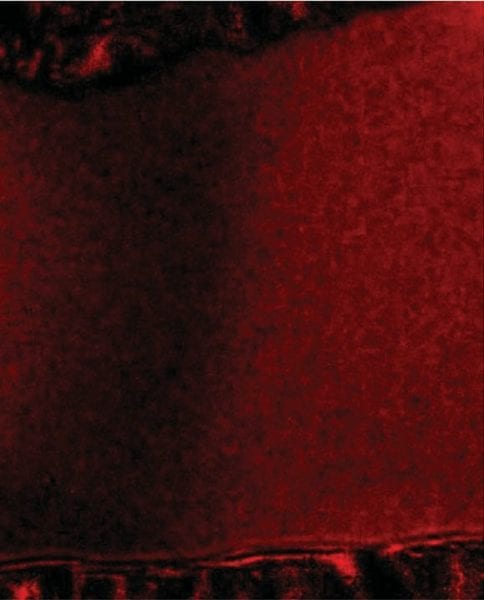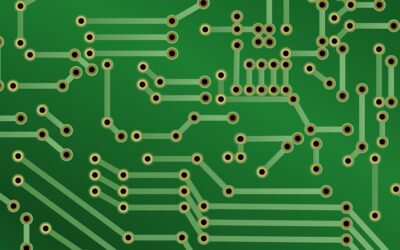 A research team from KAUST in Saudia Arabia have fabricated all-polymer nonvolatile bistable memory devices, based on the nanometer-scale phase separation of blends of ferroelectric and n-type semiconducting polymers.
A research team from KAUST in Saudia Arabia have fabricated all-polymer nonvolatile bistable memory devices, based on the nanometer-scale phase separation of blends of ferroelectric and n-type semiconducting polymers.
The phase-separated films are made of PCBM domains extending from the bottom to the top electrode, surrounded by a ferroelectric polymer matrix. The devices displayed resistive switching behavior where the ferroelectric polarization modulates the current injection into the semiconducting phase.
The devices can be fabricated at low temperature and have high Ion/Ioff ratios, low read voltages, and excellent retention characteristics. The research group believes that they pave the way toward large-scale fabrication of resistive memory devices for flexible and transparent electronic applications.














